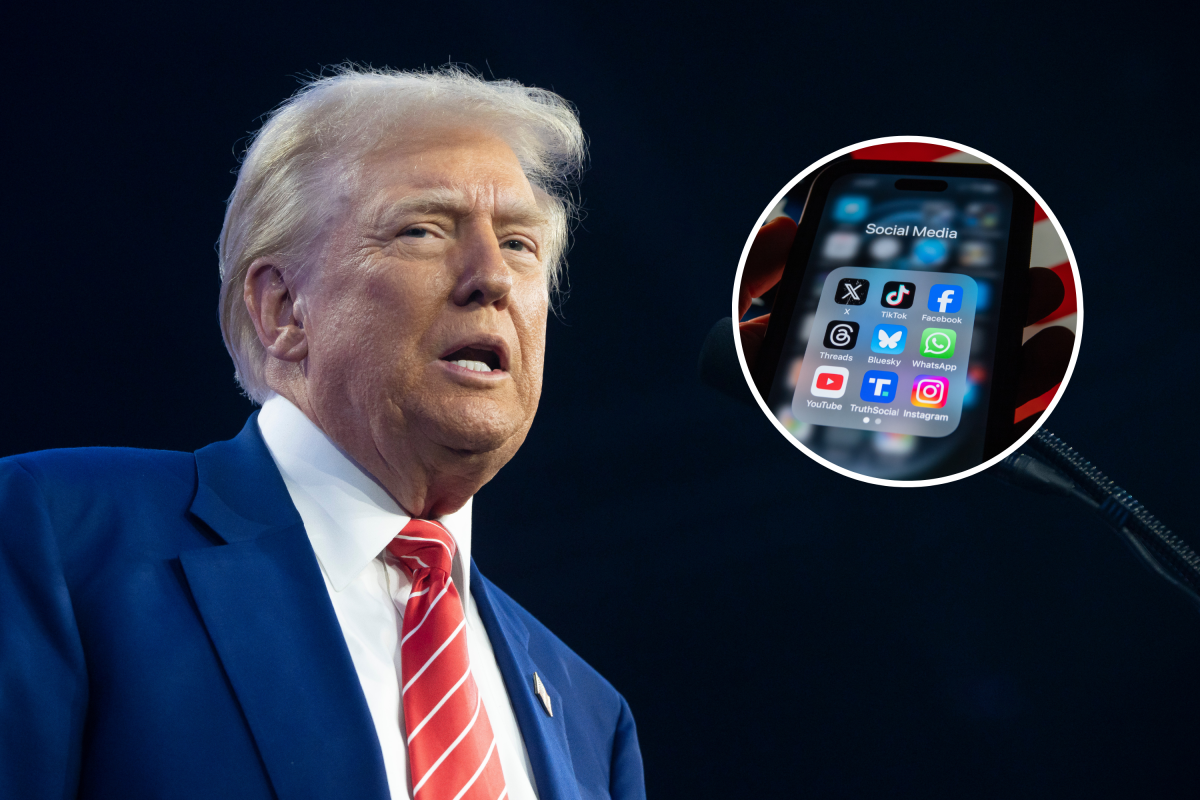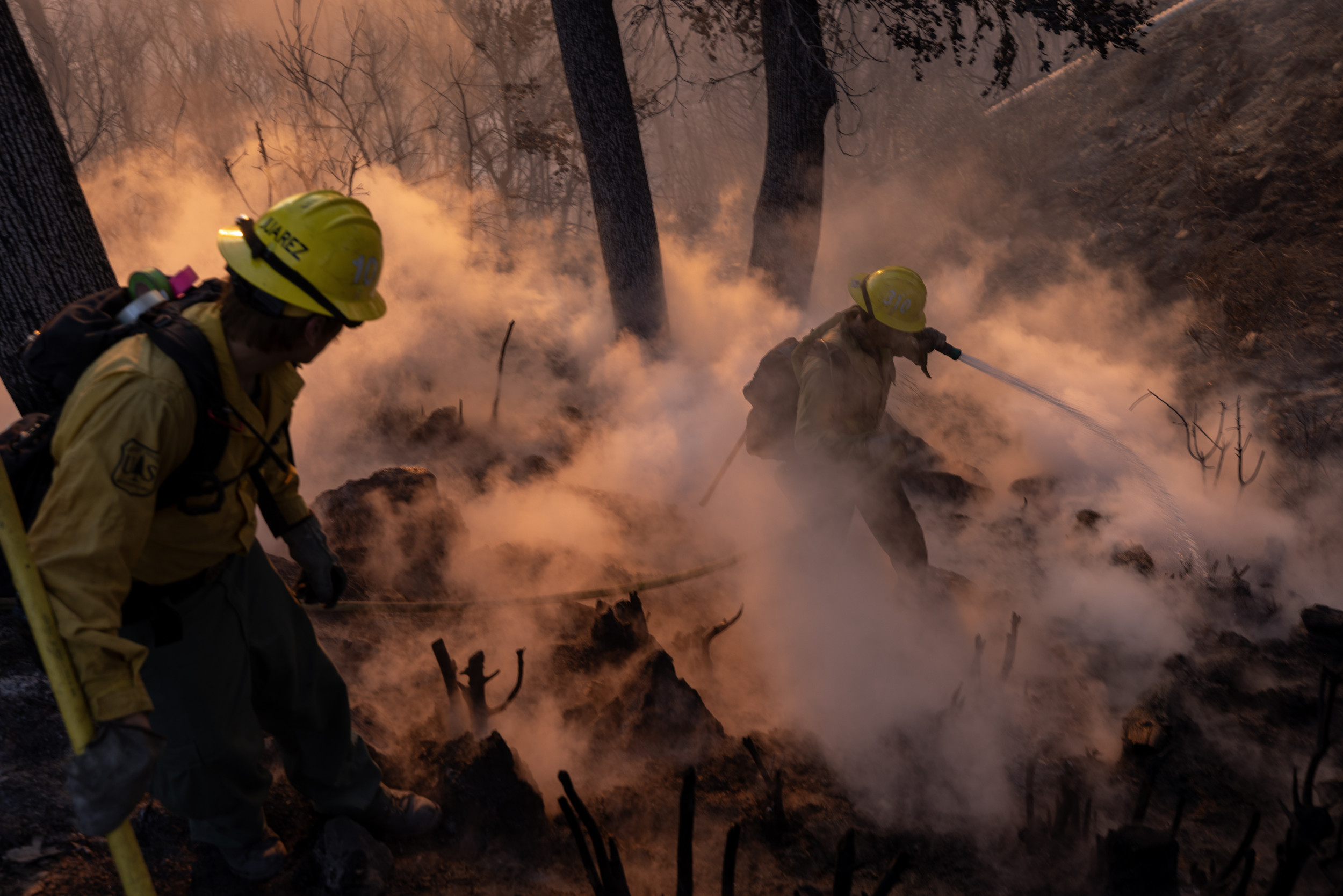President-elect Donald Trump may have options to prevent a TikTok ban from going into place once he returns to office on January 20, legal experts told Newsweek.
Newsweek also reached out to Trump's transition team for comment via email.
Why It Matters
Congress passed a law last year requiring ByteDance to divest from the popular social media platform by January 19 or the app would be banned in the United States, citing concerns about the Chinese Communist Party (CCP) potentially using it to undermine national security.
The Supreme Court heard arguments in TikTok's lawsuit challenging the law on Friday and appeared poised to uphold the looming ban despite the company's arguments raising First Amendment concerns. The potential ban would disrupt the creator economy for influencers who have made a living by making content on TikTok.
What To Know
Trump has voiced opposition to banning TikTok and filed a friend-of-the-court brief asking the court to delay the ban until after he takes office, allowing him a chance to reach an agreement that would address security concerns and keep the app up and running.

Trump could order the Department of Justice (DOJ) to not enforce the ban when he takes office, Michael P. Morehead, professor of law at Villanova University, told Newsweek on Friday.
"The tricky thing there is could then the operators of TikTok, could they rely on that to continue operating with the current ownership, given that a subsequent administration could sanction them or sue them for having operating in contravention of the statute?" he said.
Trump has not said he plans to direct the DOJ not to enforce the ban, despite his criticisms of the law.
Michael McAuliffe, former federal prosecutor and elected state attorney, told Newsweek that Trump "could conceivably hinder or halt enforcement by the Department of Justice, but the law may contain civil enforcement options that might not include DOJ as a party."
He would not, however, have the ability to use an executive order to supersede the ban, both McAuliffe and Morehead told Newsweek.
Another avenue for reversing the ban would be Congress repealing the statute, Morehead said. But he noted that it passed with "overwhelming support" with a bipartisan consensus last year, and it doesn't appear like anything has changed that would make a significant number of legislators shift their vote.
The Supreme Court also doesn't seem interested in granting a stay that would temporarily pause the order, Morehead said.
"They would have to conclude that they thought it was likely the challengers, both the corporation and TikTok users challenging the statute, have a significant likelihood of succeeding," he said. "I think it's pretty clear after today that it's the opposite."
What People Are Saying
U.S. Solicitor General Elizabeth Prelogar, in her Supreme Court arguments: "For years, the Chinese government has sought to build detailed profiles about Americans. Where we live and work, who are friends and coworkers are, what our interests are and what our vices are. TikTok's immense dataset would give the PRC [People's Republic of China] a powerful tool for harassment, recruitment and espionage."
Trump, at a December 16 news conference: "I have a warm spot in my heart for TikTok because I won youth [in the 2024 election] by 34 points. And there are those who say TikTok has something to do with it."
What Happens Next
The Supreme Court is expected to deliver its ruling before January 19, when the ban would go into effect if the law is upheld. In an earlier court filing, TikTok said that even a one-month shutdown would cost the app about a third of its daily U.S. users.









![[SEE IT] Joakim Noah Opens Up About Rivalry with LeBron: ‘I Had Enough’ of His ‘Arrogance’”](https://thesource.com/wp-content/uploads/2025/01/Screen-Shot-2025-01-10-at-2.57.18-PM.png)

![[WATCH] Jim Jones Sees Drake’s Legal Moves Against UMG and Spotify as ‘Power Moves’](https://thesource.com/wp-content/uploads/2025/01/Screen-Shot-2025-01-10-at-2.46.43-PM.png)








 English (US) ·
English (US) ·